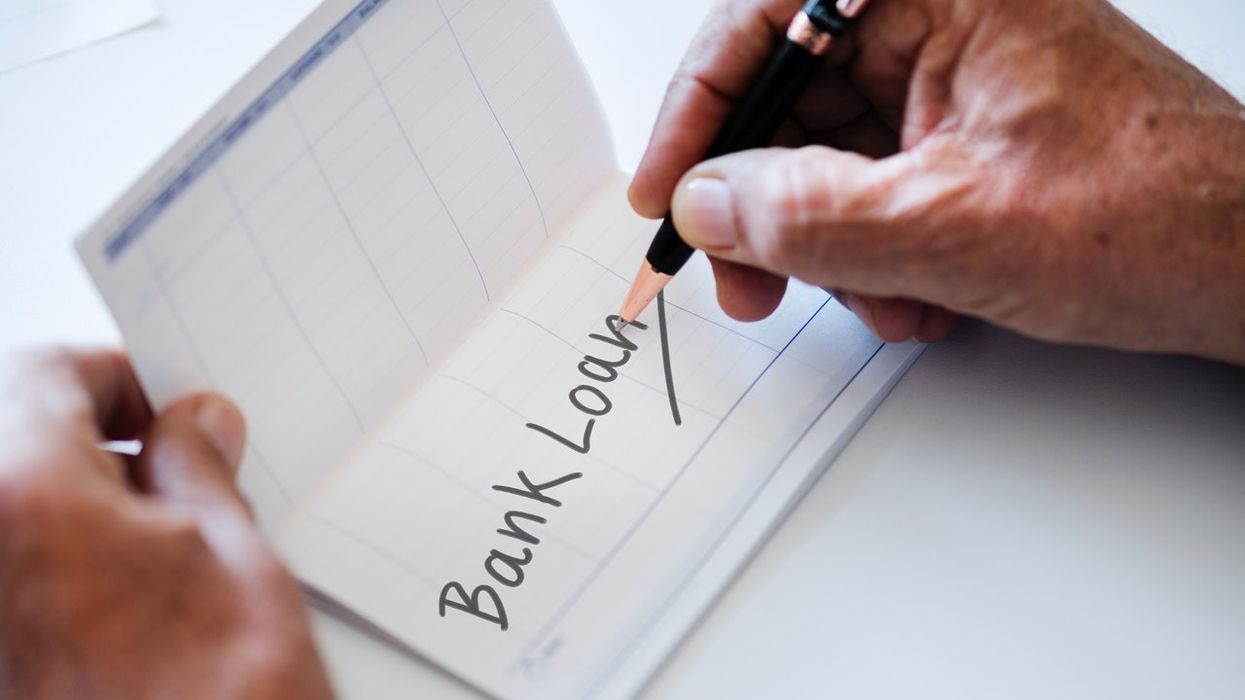If you own a home, you may have more benefits at your fingertips than claiming title to the property and taking advantage of certain tax benefits.
The equity that you've been building up in your home over the years — through regular mortgage payments and appreciation in value — can be used to cover various large expenses that you may have.
READ: How Does Toronto Real Estate Stack Up To Other Investments?
Whether it's paying for a home renovation, car repair, medical procedure, vacation, or any other expense, you might be able to use your home's equity to pay for these big-ticket items.
Second mortgages and HELOCs, in particular, can help you tap into your home's equity giving you access to a lump sum of money.
But what's the difference between the two? And, if they both involve using your home's equity, how do they differ from one another?
What is 'Equity'?
Before we dive into what HELOCs and second mortgages are, it's helpful to understand what home equity is.
Equity refers to the value of your home according to current market conditions, less any outstanding mortgage loan that you still owe your lender. So, if your home is currently valued at $800,000 and you still owe $500,000 on it, you would have $300,000 in equity.
In this particular case, you would have 37.5 per cent equity in your home. Both HELOCs and second mortgages generally require that homeowners have at least 20 per cent equity in their homes in order to qualify for any one of these two types of equity loans.
Second Mortgages Explained
A second mortgage - also known as a 'home equity' loan - is a specific type of loan product that involves borrowing against the equity in your home. Like a first mortgage, a second mortgage uses the home as collateral in case you default on your loan payments at some point.
Second mortgages are paid out in a lump sum at the beginning of the loan period, with the payment amount and loan term set. Like a first mortgage, the payments made to repay the second mortgage are paid in installments at scheduled intervals (monthly, bi-weekly, etc) until the loan amount is repaid in full.
READ: What Is A Second Mortgage? And Why Do People Get Them?
A second mortgage is named as such because of its position in line. The lender for the second mortgage holds a second lien on your home, with the lender for the first mortgage holding the first lien.
The position of the liens is important in the event of mortgage default. If you happen to default on your mortgage payments, the lender holding the first position would be compensated first, followed by any other lienholders.
Considering the higher risk of being in the second position, second mortgages typically come with higher interest rates compared to first mortgages.
HELOCs Explained
A HELOC — which stands for 'home equity line of credit' — also involves the use of home equity as a loan, but it works differently than a second mortgage.
This unique type of loan is considered revolving credit and works more like a credit card than a traditional installment loan. With a HELOC, the lender would provide a credit line with a specific credit limit that you can withdraw against.
READ: Home Equity Spending Sprees: How HELOCs And Record Debt Are Threatening A Financial Crisis
You're free to take out as much or as little as you like, without going over the credit limit. You would then make monthly payments to repay what you've borrowed.
Only the amount withdrawn is charged interest rather than the entire credit limit amount. After you've repaid the loan, you can borrow it again without having to apply for another loan. As such, HELOCs offer lots of flexibility compared to conventional second mortgages or home equity loans.
Like a second mortgage, the equity in your home guarantees the HELOC loan. But that's basically where the similarities between the two end.
Final Thoughts
Both types of equity loans can come in very handy when a large expense creeps up. That said, it's important to understand the risks associated with both loan types, much like any other type of loan.
If you fail to make your payments, you risk losing your home, as it collateralizes these loans. Also, keep in mind that taking out a second mortgage or HELOC will reduce the home equity that you've built. Be sure to speak with a mortgage specialist who can walk you through each option to determine if any one of them is right for you.





















